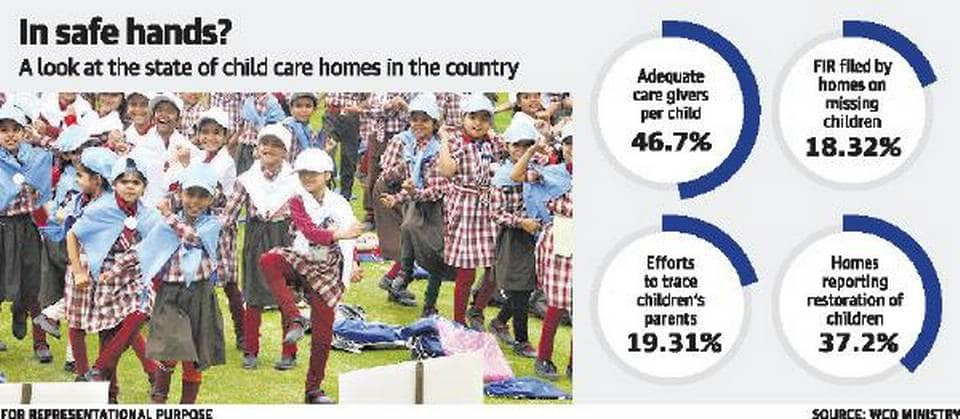7667766266
enquiry@shankarias.in
Why in news?
Ministry of Women and Child Development recently released a report titled ‘Mapping and Review Exercise of Child Care Institutions’.
What is the report on?
What are the key findings?

What should be done?
Source: The Hindu